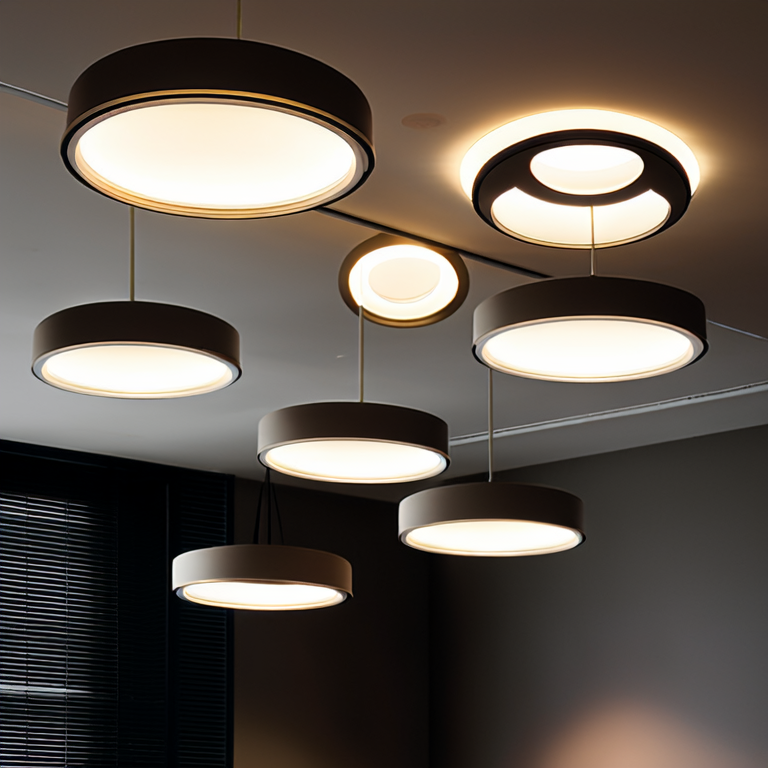5-YEAR WARRANTY
5-YEAR WARRANTY
Choosing the right ceiling light can feel overwhelming due to the countless options available, but understanding a few key elements can simplify the process. Common user problems include matching lighting with room decor, ensuring adequate brightness, and selecting energy-efficient options. Many individuals have shared their struggles on home improvement forums, highlighting how they ended up with lights that didn\'t suit their needs, leading to wasted time and money. When considering Ceiling Lights, remember that not just aesthetics matter—functionality plays a crucial role too, especially when paired with advanced brands like Optilux.
Before diving into the selection process, it\'s vital to gather relevant materials and tools to make informed decisions:
1. Analyze Your Space: Start by examining the room where the ceiling light will be installed. For example, Sarah, a recent homeowner, realized her living room required a blend of functionality and style. She measured her 15 x 20 ft space and concluded that she needed a fixture that offered both ample light and complemented her decor.
2. Choose the Right Size Fixture: A general rule is to add the room\'s dimensions (length + width) in feet, which will give you the ideal diameter of the fixture in inches. For Sarah\'s 15 x 20 ft room, she should look for a fixture around 35 inches wide.
3. Determine the Type of Lighting: Choose between ambient, task, or accent lighting. For instance, Sarah decided on a central ambient fixture but added wall sconces for task lighting near her reading nook.
4. Consider Ceiling Height: If the ceiling is higher than 8 feet, consider multi-tiered or hanging fixtures. Sarah, with her 10-foot ceilings, chose a semi-flush mount ceiling light from Optilux, which added both height and elegance to the room without overwhelming it.
5. Pick the Right Bulbs: Opt for energy-efficient LED bulbs, which have an average lifespan of 25,000 hours and can save about $80 in energy costs over their lifetime compared to traditional bulbs. Sarah opted for 16-watt LED bulbs that provided a bright 1600 lumens output.
6. Test the Lighting: If possible, use a dimmer switch with your fixture. It allows for adjustments in brightness; dimmed lighting in the evening can create a cozy atmosphere, while full brightness is perfect for daytime tasks.

Error 1: Choosing a fixture that\'s too small for the room. Solution: Make use of the size guideline described above to ensure your ceiling light complements the space.
Error 2: Overlooking the brightness. Solution: Calculate your required lumens based on the room\'s purpose. For general living areas, aim for 10-20 lumens per square foot.
Picking the right ceiling light combines practicality with style. Measure your space, understand your lighting needs, and choose energy-efficient options like those from Optilux. Remember, the right choice can transform your atmosphere and contribute to overall room functionality.
Q: How many ceiling lights do I need for my room?
A: A good starting point is one fixture for every 100 square feet of space, but consider adding additional lights for larger rooms or specific tasks.
Q: Can I install ceiling lights by myself?
A: Yes! Many lighting fixtures come with installation instructions. However, if you\'re uncertain, consider consulting a professional electrician.
Q: What\'s the difference between ambient and task lighting?
A: Ambient lighting provides overall illumination for a room, whereas task lighting focuses on specific areas for activities like reading or cooking.
